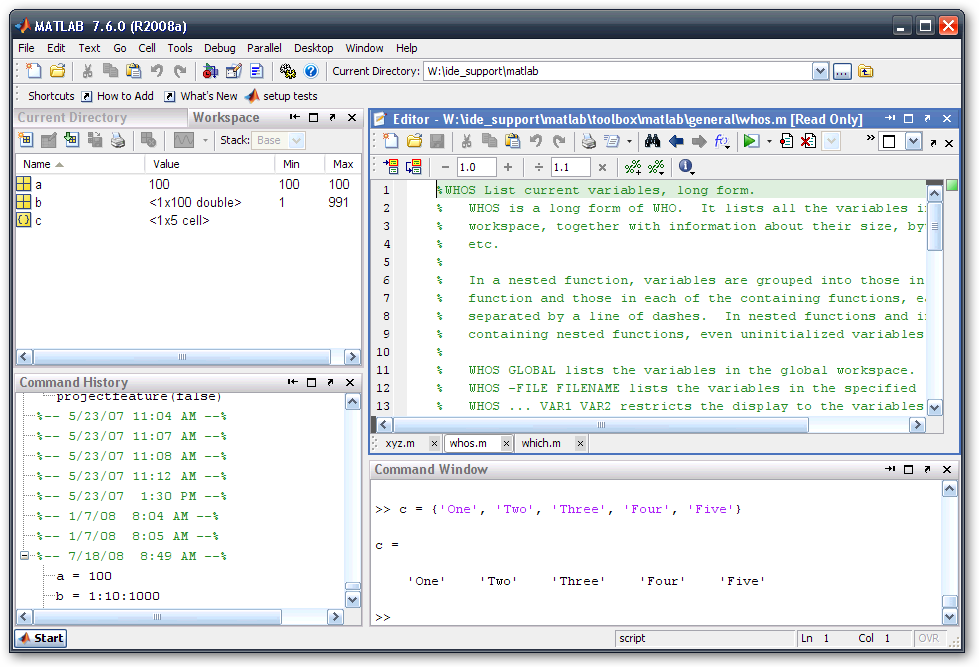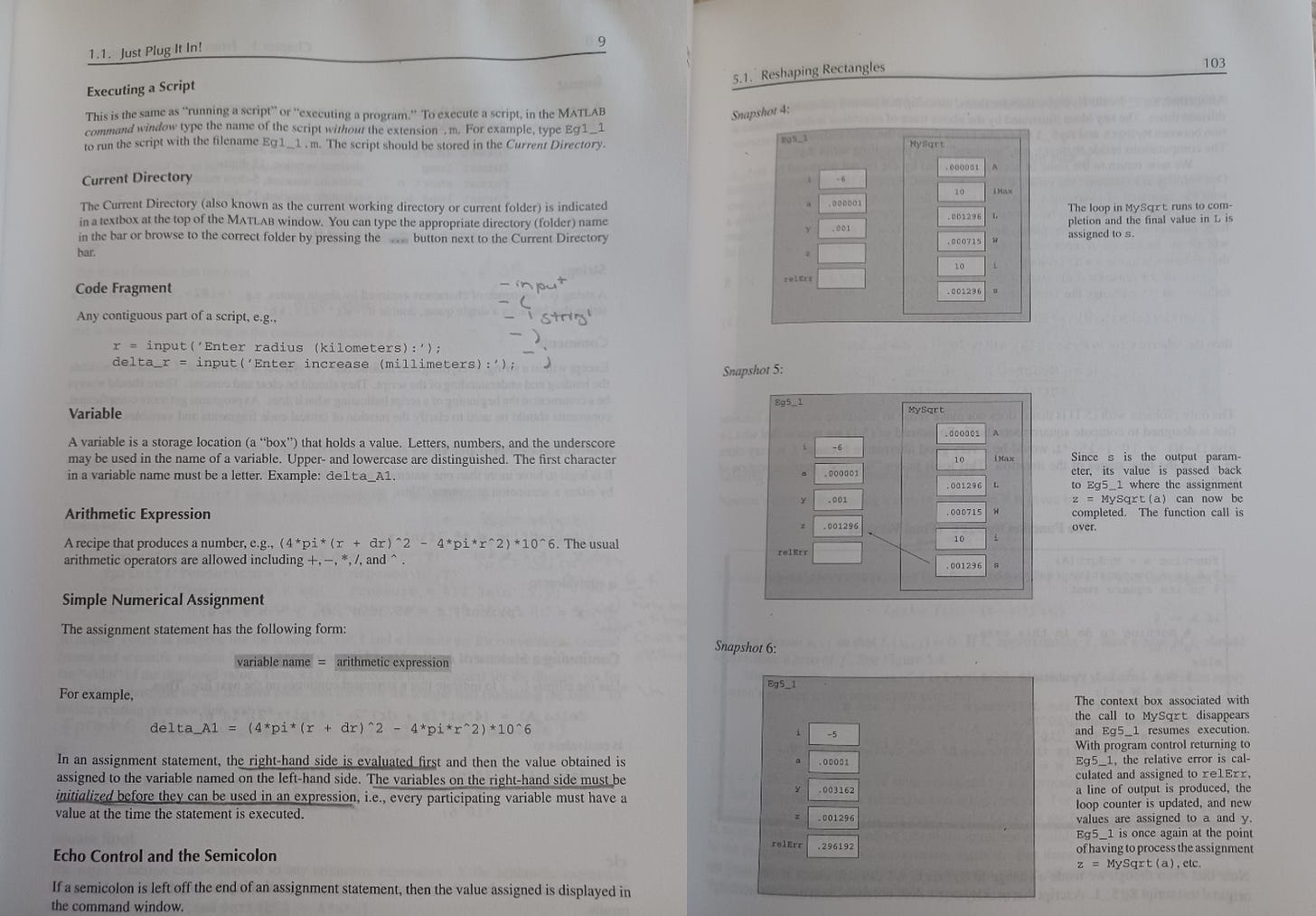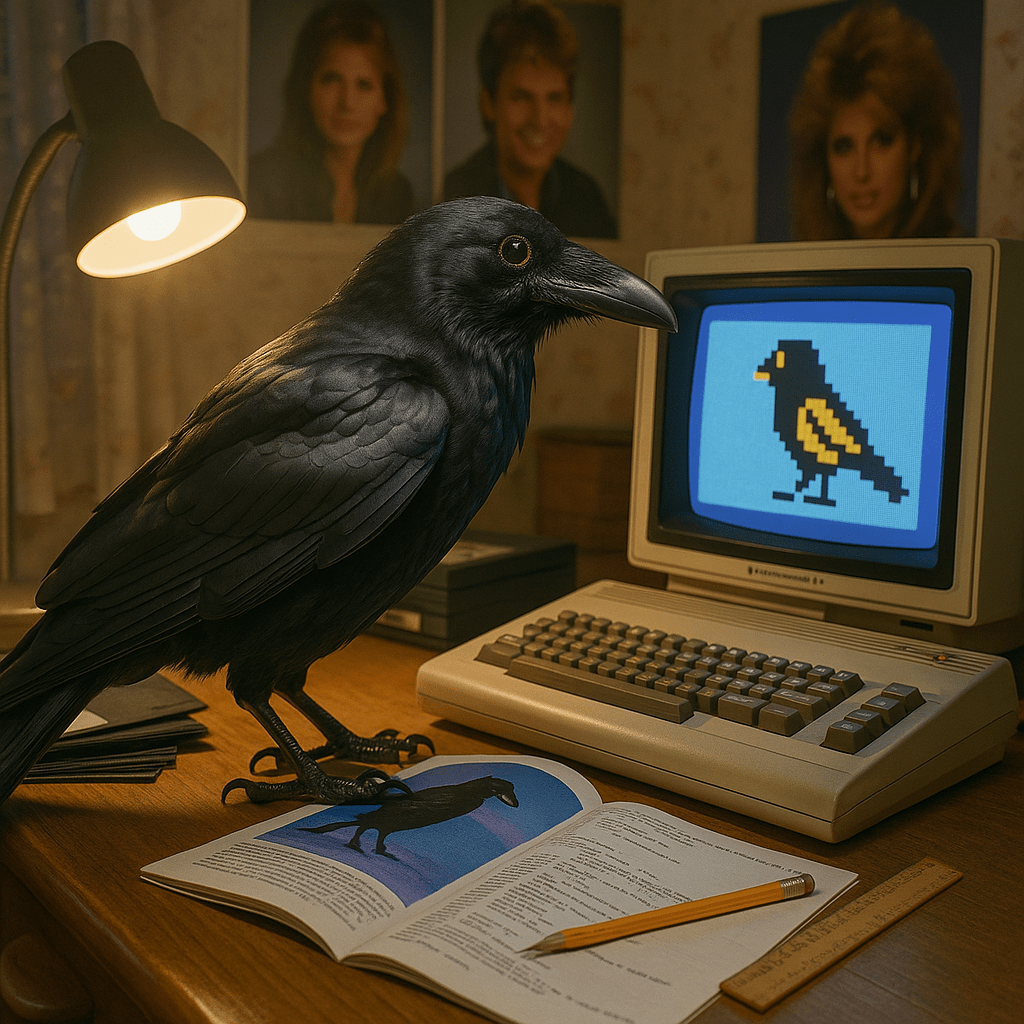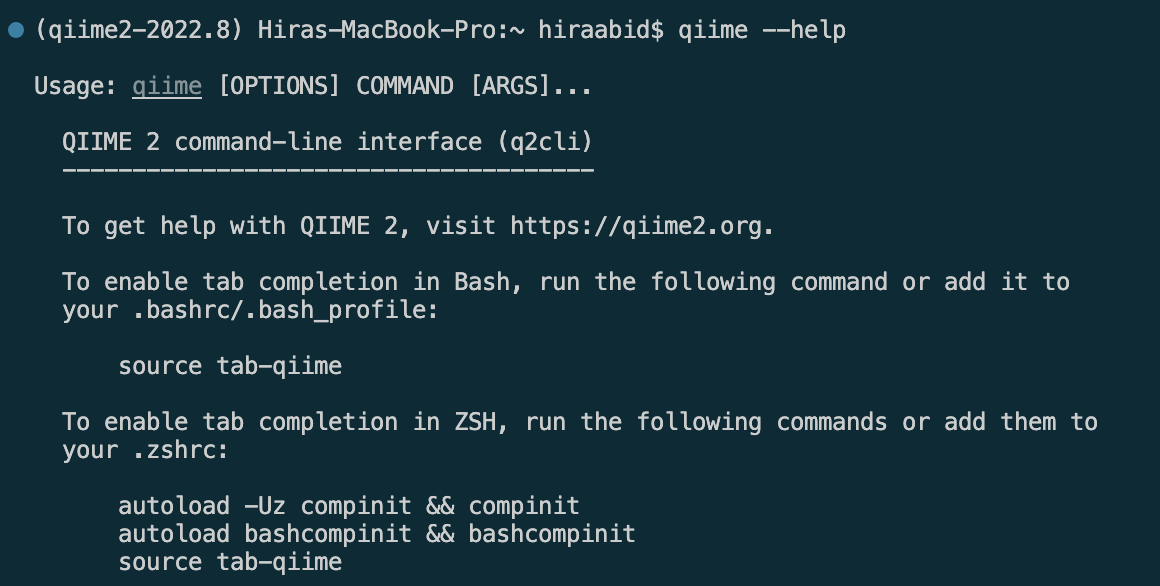My Bad Romance with Coding
Maybe not the motivational story you wanted to hear.
1978 microcomputer by Parasitic Engineering of Albany, California.
Content warning: Below, I will discuss some of my own mental health struggles and discuss suicide and substance abuse risks in college
When I selected biological engineering as a major, I imagined solving equations for cell growth on whiteboards while peering under microscopes in a big, beautiful lab. I was very interested in how microorganisms could be used to remediate environmental pollution and how they could be used to solve the climate crisis. Many research labs at the university I choose did this, and I was very excited to start college.
But my dreams were almost shattered in my first semester of college. All because of a class called “Introduction to Computing using MATLAB”.
Day 1, Introduction to Computing Using MATLAB
I had never coded in my life. I was a very fast typer, proficient in Excel, understood the basics of how operating systems worked, and was very good in Math. In fact, the logic of coding (if statements, variable assignments, matrices for example) appealed to me and was easy to learn.
It was when I was sat in front of white screen with a blinking cursor and had to type in commands to make some code work that I struggled. I could understand the broad logic needed to map the course of a robot-vacuum or to change the pixelation of an image to make it green. But connecting the intricate lines of code and the exact conditions that needed to be programmed in (and their order) was baffling.
MATLAB user interface.
Plus, many functions in the program needed very specific parameter inputs that we had to figure out, as part of the assignment. Do we test it with 20 square feet? or 10? It’s hard to explain, but trust me, it was confusing. They did not teach us how to debug programs or construct and comment large chunks of code properly which I learned later on, which vastly improved my skills and made coding a lot easier.
MATLAB was very sensitive, and was a frustrating, tedious process. I got a C- on the first midterm but fortunately brought my grades up to a B- somehow. To make matters worse, this took away from study time in other classes. My straight-A summa cum laude high school self had to learn be happy with a B minus average (I was so scared of failing that I was happy just to pass). It was only in my English lit classes that I did well. I got straight As and enjoyed the classes so much I wish they never ended. They actually encouraged discussion and questions.
I dug out my old MATLAB textbook with my notes.
I’d escape to the nature preserve, the bookstore or library book talks by authors, feeling excluded in Engineering, and revel in the stories, books, that I could easily enter and understand. I fantasized about switching to an English lit major, getting an MFA, but then I reminded myself of how horrible climate change and pollution was and felt I had to do something to solve it. Maybe, I didn’t want to deal with the paperwork of changing majors and being “that” girl who couldn’t hack it in STEM. Maybe I felt like I would be letting down the cause for “girls in STEM” if didn’t proceed. Or maybe I was just stubborn and had watched Stand and Deliver one too many times. I’m still trying to process exactly why I stuck with engineering, though ultimately, I’m glad I did.
Semester 2: Object-Oriented Programming
The tight structure of Edgar Allen’s poem “The Raven” is likened to a computer script.
The next semester was Object-Oriented Programming (in Java which has been surpassed by Python in popularity-the professor even mentioned that Python was gaining popularity, and they might restructure the course soon).
The only time I felt “connected” to the field was when one professor put up a few stanzas from Edgar Allen Poe’s The Raven to show that its structure was as delicate and intricate as a computer code. This professor was a kinder older man in his 60s who recalled his frustration using punch cards in grad school to complete his PHD in computer science. He effectively used metaphors to explain the basics of Object-Orientated Programming (a file cabinet analogy) which helped. He was a better instructor than my previous instructor (who was ironically a woman), maybe because he “understood” the struggle of coding. His words made me feel slightly better but didn’t really help solve my hatred for computer coding and repair my shattered confidence. I took the class pass/fail so the grade wouldn’t hurt my already damaged academic record.
To make matters worse, I was surrounded by students had gone to STEM magnet schools and had coding experience, and all of this seemed to come very easily to them. Some of the other girls, like me who went to “regular” public schools, did not have this experience, and loudly proclaimed that they would never be computer scientists.
These so called “weed-out classes” are a major issue of retaining women in computer science and STEM. They often have high stakes exams worth a large percentage of the final grade, terrible pedagogy, large classes sizes, and difficult to understand in lecture. In my experience, these classes are trying to “trick us” not to “teach us”. Grades drop, scholarships are threatened, confidence is shattered.
Focus on high-level problem solving was another issue. Instead of having us work through simple, low-stakes examples and exercises (this was an introductory class after all, and some of us had 0 experience coding), we were thrown into the deep end with extremely complicated problem sets. I had to find easy exercises for myself to practice on and then would feel a bit of confidence solving them but then struggle to translate this to the problem sets. To make matters worse, we had to write out our computing exams by hand in blue books (in math class we were not allowed to use calculators either), and couldn’t really ‘debug’ our code. I felt dumb but consoled myself that after freshman year I probably would never have to code again.
Why Did I Even need to Learn Coding?
Vintage historical computer ads with women.
I also had no idea why I needed coding. I was a biological engineer, isn’t that all lab work or solving equations related to cell growth, or reading academic papers? It turns out biological engineering was in a major shift towards data-driven problem solving and modeling work at the time. The field was heavy on machine learning and other AI principals. In fact, wet lab work was often denigrated as being “too basic” (wet lab work definitely has value still) compared to the strengths of metagenomics. I would not be culturing microorganisms. I would be extracting their DNA, sending them to some company for sequencing. And DNA means lots of data that has to be sorted through. Turns out, I had to do it! The TAs and teachers never told me this. None of them were particularly helpful or inspiring. It was hard to get tutoring or help in this subject, and sometimes then felt dumb for even asking basic questions.
Sophomore year I escaped anything computer related. But my GPA was below a 3.0 (C-range) and I had been put on academic warning, after getting Ds on 2 extremely difficult midterms in Physics and Biology that had been scheduled 5-minutes apart (which professors weren’t supposed to do but the departments hated each other and refused to cooperate on midterm scheduling). I felt powerless, and the engineering counselors were highly ineffective mainly giving platitudes that “all students” go through this or you “just have to go to office hours”. Honestly, I needed therapy, as I was having what I now recognize as panic attacks and randomly bursting into tears at the slightest provocation. To get some semblance of power, I avoided computers as much as possible, preferring to do my problem sets on pen and paper and reading physical textbooks.
But by Junior year, things were looking up. I was past the “pre-req” classes, and taking classes in things that really interested me. I was finally doing well in my classes and felt like I “belonged”. The only snag was that in several classes, they had us do some calculations in MATLAB, but I was able to scrape through them since they were much more basic assignments than in my computer coding class. But when I applied for an undergraduate research position, the PI interviewing me frowned over my “poor” grades in computer science and said “Excel” was useless. I did get the position, on the caveat that I had to learn programing.
Finally, I started to love coding
Since no other lab would hire me because of my poor GPA, and my post-graduation prospects were looking bleak, and I wanted to solve the climate crisis, I decided to take do it (after crying a few hours in private), and it was the best decision of my entire career.
Fortunately, I had two people who helped me through. One friend (a crush that never panned out—more on this below) helped slowly shift my mindset about the benefits of programming. He argued that I could take my laptop anywhere and not be chained to a lab bench. That sounded appealing to an extent, though I still glamorized the lab bench (that illusion was shattered in grad school, and I mainly work from home now, ha!). He also said that MATLAB was not a good programming language to start out on and that he hated it, and his words made me feel so much better.
A female graduate student in my research group, was very patient with me and helped me with the coding. With my own dogged determination, I slowly started to excel in data science, learning how to use complicated and intimidating programs like Linux which had no Graphical User Interface (which made MATLAB look easy in comparison). Some graduate students even started asking me for advice and questions about certain programs and to my surprise I could answer them!
Example of the program I still use to this day.
I did very well in the group after the first rocky semester. I graduated undergrad with a GPA slightly above a 3.0 and was still admitted to grad school based on the strength of my undergraduate research. I then did a PhD in bioengineering at a very data science heavy department and continued to sign up for advanced stats courses. This was slightly before Data Science became a major/department at many research-intensive universities. These classes were very helpful as I didn’t have anyone to mentor me one-on-one in my PhD. I had to learn advanced concepts like machine learning on my own, basically.
If you teach computer science:
Develop a friendly pedagogy for students. Please. Metaphors and examples helped me a lot, particularly in leering Object-Orientated Programming.
Assume that students come in with 0 knowledge. Don’t try to create tricky assignments in intro-level courses. Don’t overload the curriculum. Just teach them!
Provide academic resources for students.
What I Learned
Fortunately, I was able to have a bit more of this college experience in grad school as my hours were more 9-5ish, and I was able to access therapy and re-engage with my hobbies. Compared to the hellscape of engineering undergrad, I found graduate school much more manageable and genuinely enjoyed it. I was very well academically prepared and could focus on project development and execution more than trying to learn coding or stats.
To this day, I don’t use MATLAB. But I love my job, love using R and Python and am pretty good in Linux and now teach and mentor a lot of students in coding. I am as kind as possible, validating their struggles, and trying to explain stuff in relevant terms. I mean the necessary reality is that computer coding will be needed for most advanced research efforts.
Things to Think About
I persisted. But many of my female peers did not. “One bad class” like MATLAB, or chemistry, or physics, can derail women in STEM, given how unsupportive and competitive the culture is. There is a lot of cultural signaling that women don’t have natural aptitude for math and science, and a bad grade can confirm these self-doubts. I recall a woman leaving engineering because she got a C in Chemistry and the professor tried to persuade her that it was only one class and she should not let it discourage her, but it was too late.
I currently have 0 contact with anyone I went to undergrad with. During undergrad, I had 0 work/life balance, my entire life was work. Weekends were for catching up on sleep, laundry, and studying. My crush went on and married someone with the same name as me. Only rarely I would go to an author reading at the campus bookstore or “treat” myself by studying in the humanities library (the engineering library had ripped out all their bookshelves) surrounded by books I didn’t have time to read. There were so many classes I would have loved to try like art history or taking a foreign language that I just could not squeeze into my schedule. Study abroad was out of the question as that meant I would have had to overload another semester for classes. In fact, I heard horror stories of engineering students who had studied abroad and had failed to get internships or graduate on time because they couldn’t get credit for classes taken abroad. In fact, I’m still making monthly student loan payments to the institution.
The competitive and stressful environment meant I didn’t have the “typical college experiences” that many have like travelling, going out to eat or to concerts, forming friend groups, going to fun events or dating (My stress-induced hair loss, lack of money for beauty treatments, and the need to wear sturdy clothes to schlep around campus in all sorts of weather meant I did not attract romantic attention anyway). All my hobbies like horseback riding, art, ballet, sewing, and creative writing disappeared for years (I slowly reclaimed them). Spring breaks meant that the computer lab was free for me to work in. Summers were for completing research projects, coding bootcamps, and allowing my body to recover from the stress of classes.
I was extremely lucky to get generous financial aid and that my loans consisted of low-interest federal loans to cover tuition and that my parents could pay for my food/dorm/textbooks, so I didn’t have to work in the cafeteria or Starbucks to pay living expenses. Otherwise, I would never have made it through the program without developing a serious illness or having a mental breakdown.
I had some dark moments mentally, but I was fortunate not to fall into addiction. Many of my peers in engineering had drinking and addiction issues, with one man baldly stating that he needed to get drunk to solve his thermodynamics problem sets. Another woman I knew took up smoking cigarettes between classes to deal with the stress. Many binge-drank on the weekends, one dying after falling into a ravine while drunk. It was not uncommon for students to get black out drunk on weekends, especially after exams. Several engineering majors at my school died from accidents that occurred while drunk and others died by suicide and was featured on the national news at the time. Substance abuse, mental health and suicide among STEM students does not get enough attention. While we can’t ever figure out a reason for such tragedy, I would assume that the intense pressure does not help.
While I love my job, I don’t make a lot of money, I have published work on Innovative ways to fight environment pollution. But I make far below what I was told that I should “expect” be earning. 10+ years after graduating I’m still paying back on my federal student loans too. In fact, I was unemployed for almost a year after getting my PhD in engineering, which made me question my entire life, and whether the stress of undergrad had even been worth it, to end up almost friendless, single, on Medicaid, and living with my parents. Majoring in STEM/engineering for “financial” security is a pipe dream, many Millennials were sold on. These jobs are hard to get, and the market is rapidly being saturated with engineering and outsourcing engineering jobs. AI will also come for them.
Openly discussing these struggles is often taboo, as it can be perceived as “discouraging” women from STEM. However, there are so many mental health struggles in STEM, that avoiding this discussion is not helpful either.
Instead, I would highly encourage having a strong support group, therapy, and boundaries with work/life that nobody taught me, and I had to learn in graduate school. This story is difficult for me to write, though it did have a happy ending. I hope others might learn some lessons from this if they are considering going to college for engineering. The Culture needs to change.
YOU ARE BRILLIANT!








Hey, great read as always! I totally related to your point about understanding the "broad logic" but struggling with connecting the "intricate lines of code." That insight is pure gold! It realy captures what so many students, and honestly, even profs, face. It's a common brain twister.
Man, this reminds me so much of my own undergrad experience. I almost couldn’t graduate because my school required a computer science credit and I failed C++ three times. The humanities department on campus offered no majors but all of my electives were humanities classes and I thrived in those. Why do professors make intro classes so challenging? Chemistry and physics were massive struggles for me, and my Intro to Earth and Environmental Systems (basically geology 101) professor, who wanted the class to be simple to understand and wanted us all to do well, ended up barred from teaching it because she made it “too easy”. My whole school also binge-drank on weekends and every semester we would receive several emails about a student committing suicide, though very little was done to change the campus culture. Like you, I don’t regret finishing my degree, but man, I’m still suffering from the psychological effects undergrad imposed on me. It’s needlessly rough and students absolutely do not have the support they need.